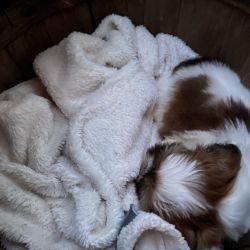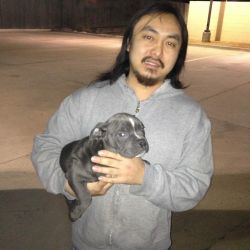Origins and Temperament
Originating from 19th century Britain, the tenacious and spirited Miniature Bull Terrier is a smaller version of the standard Bull Terrier. Known for their amusing 'egg-shaped' heads and muscular builds, these lively dogs exhibit a friendly and fearless disposition. Their energetic personality necessitates mental stimulation and companionship, which should be factored into their transport to ensure a comforting journey.
Size and Physical Needs
Typically weighing between 18 to 28 pounds, Miniature Bull Terriers require ample space to move and stretch during transport. Their sturdy physique and substantial exercise needs mean they'll benefit from frequent breaks to expel energy. Proper ventilation and a secure crate that allows mobility are essential to accommodate their physicality and prevent travel discomfort.
Common Health Considerations
Miniature Bull Terriers may be susceptible to certain conditions like heart issues and deafness. Health documentation, including a recent health check, vaccination proof, and a certificate from a veterinarian, is crucial for travel. Keeping medications and allergy information accessible is key to a risk-free trip.
















